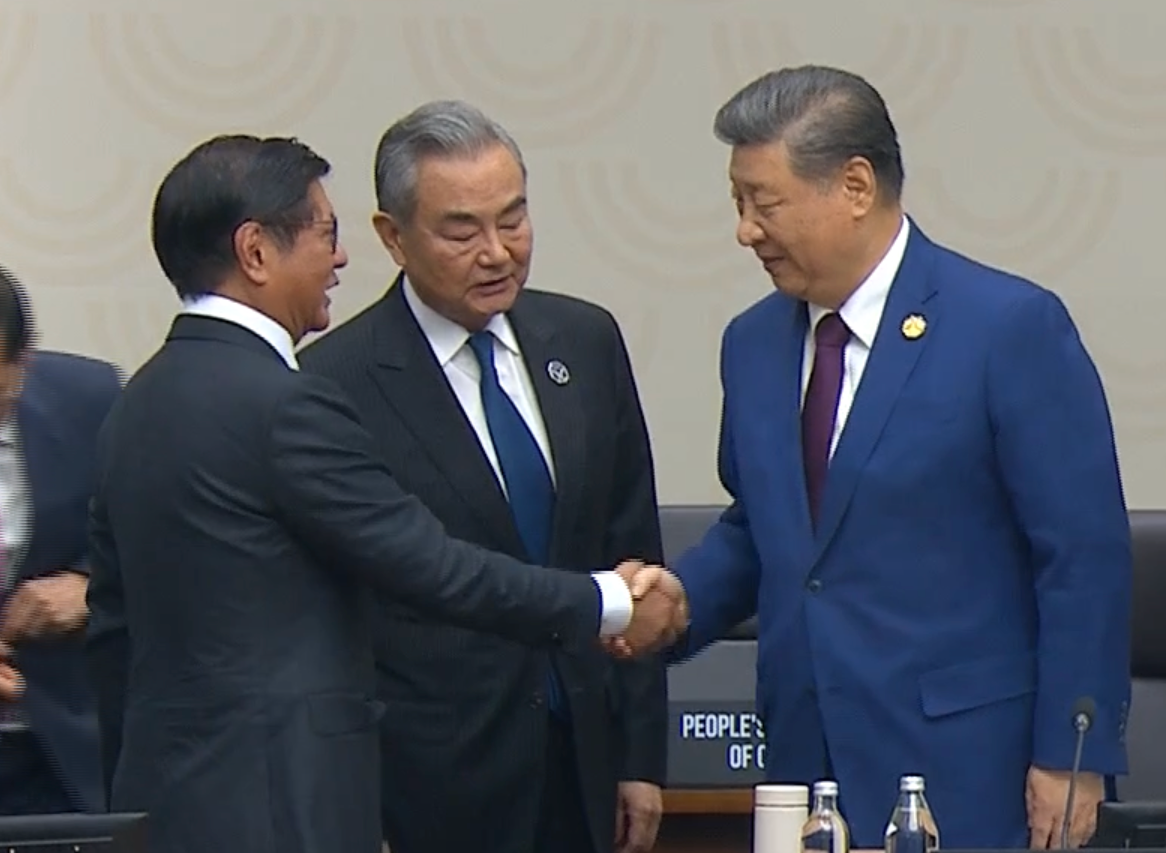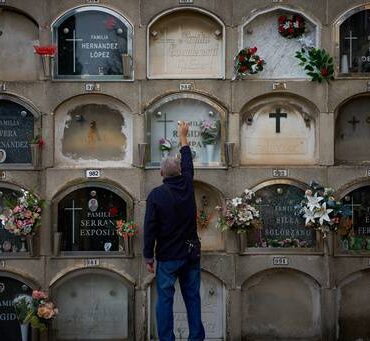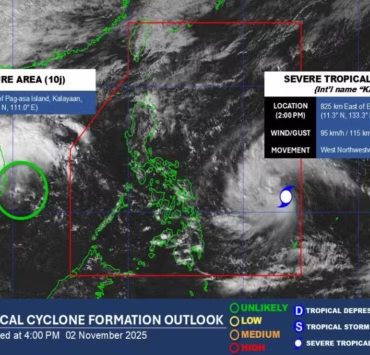Marcos-Xi handshake an ‘opening’ for better ties

While President Marcos downplayed his gesture of initiating a handshake with Chinese President Xi Jinping as “common courtesy,” an expert on foreign policy interpreted his move as a “signal” to Beijing that Manila is open to “meaningful dialogue” to defuse maritime tensions over the West Philippine Sea.
Also asked about Mr. Marcos’ “courtesy” to Xi on Saturday, Defense Secretary Gilberto Teodoro Jr. said “we cannot put any meaning into the gesture of President Marcos of approaching President Xi Jinping. Probably it’s a personal gesture, but the [security] policy does not change.”
Enrico Gloria, a political science assistant professor of the University of the Philippines, told the Inquirer that Mr. Marcos’ act of goodwill “reminds us that the [tensions] are not the totality of the relationship.”
“It sent a quiet signal to Beijing that the Philippines is not closing the door toward meaningful dialogue, and that China’s role as a major regional power is still acknowledged, even amid disputes,” Gloria said.
A bit surprised
Mr. Marcos approached his Chinese counterpart during the turnover ceremony between South Korean President Lee Jae-myung, current chair of the Asia-Pacific Economic Cooperation (Apec) summit, and Xi, next year’s chair.
Xi and Chinese Foreign Minister Wang Yi both looked a bit surprised, as Xi stood up when Mr. Marcos extended a hand. Wang, who was seated at the back of Xi, approached them and acted as translator.
Mr. Marcos told reporters afterward that he merely seized the opportunity to speak with Xi.
“I congratulated President Xi Jinping as China assumes the Apec chairmanship in 2026, and reaffirmed the Philippines’ commitment to partnership and meaningful cooperation in our region,” the President said, adding that he wanted to speak with all Apec leaders but Xi was “one of the few” that he “made sure that I talked to.”
Teodoro, during Sunday’s signing of a new visiting forces pact between the Philippines and Canada, said “Our job really is to pursue Philippine resilience and uphold international law. So our defense engagements under President Marcos are subject to a plan already and subject to guidance.”
‘Political space’
For Gloria, who specializes in Chinese foreign policy, “gestures like this one matter because they create political space and small openings for rebuilding trust or exploring cooperation elsewhere.”
But he cautioned the public against interpreting the handshake as a change in Philippine foreign policy or a move that would suddenly “erase the tensions” between the two countries.
“What happens daily at the West Philippine Sea—the tensions, the confrontations, and even the exchange of sharp pronouncements—reflects both countries’ resolve to protect their national interests. But that doesn’t mean there’s no room for civility or goodwill,” Gloria said.
“The Philippines and China are not at war, and both leaders know that, hence, they also recognize the implications of interpreting Philippine-China relations purely from a competitive perspective,” he added. —WITH A REPORT FROM DEXTER CABALZA

















